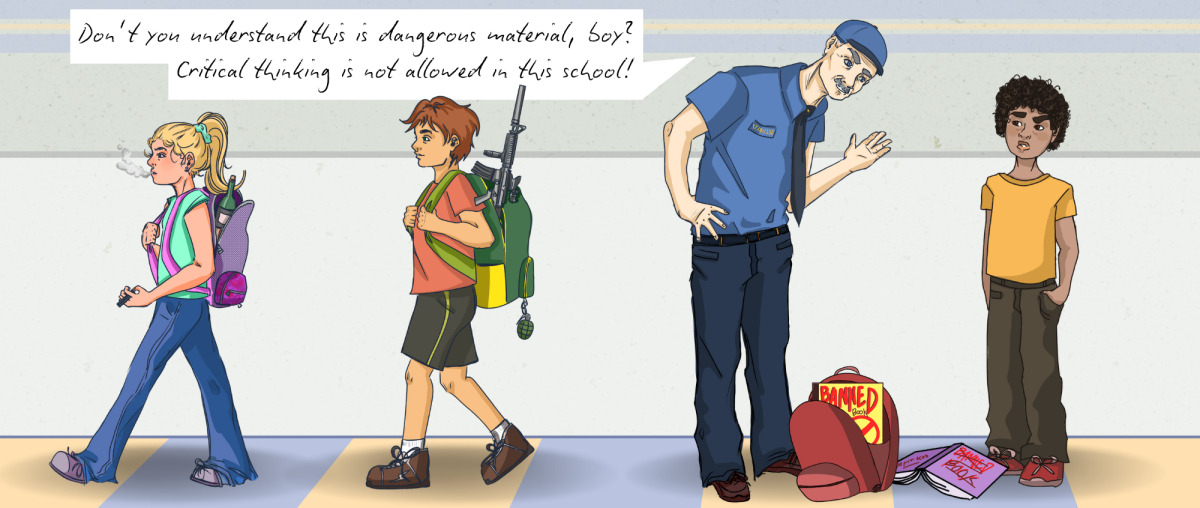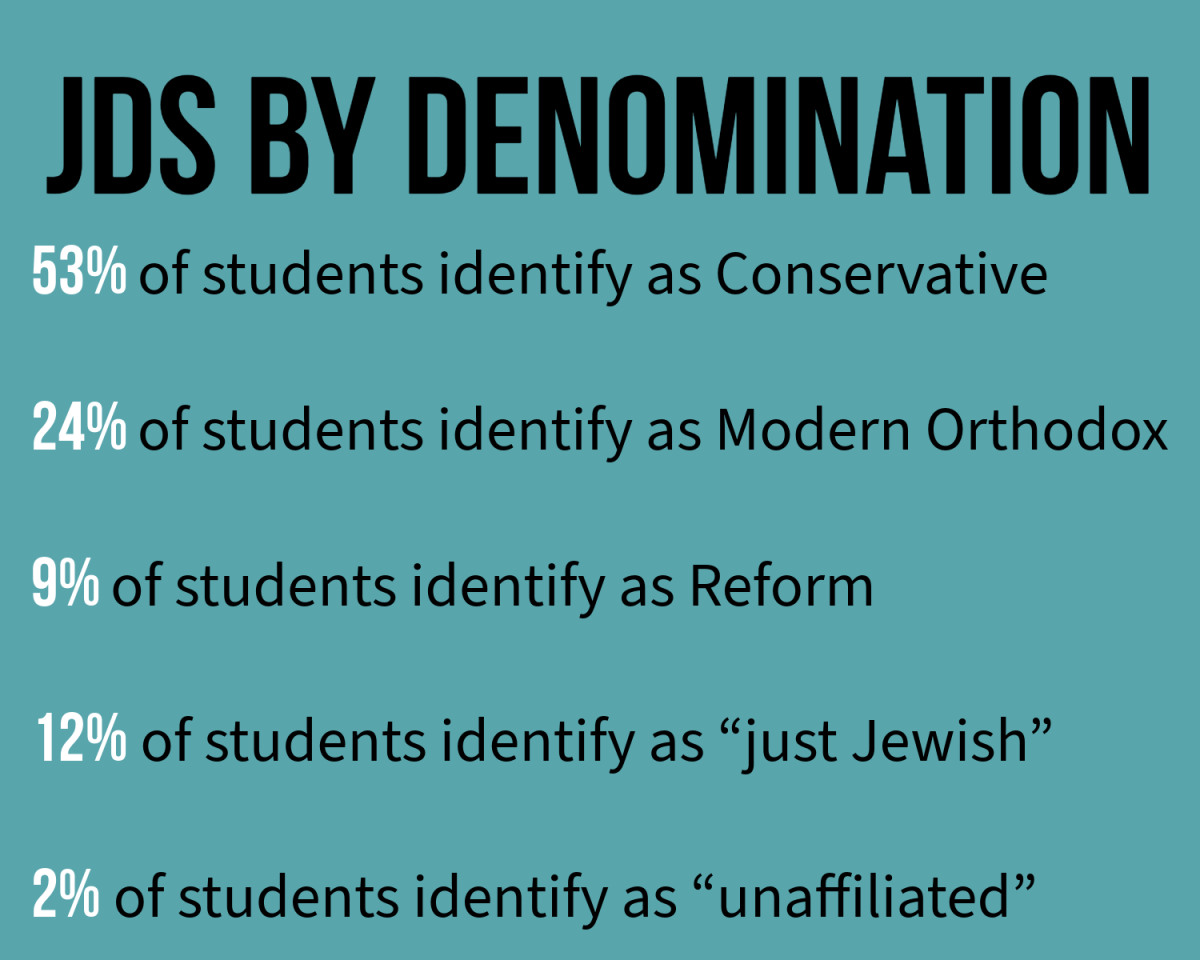During my time in both private and public schools, I have struggled with various mental health-related issues. All schools that I have attended have had programming which has been incredibly sympathetic and helpful to me and said struggles.
This programming has been incredibly beneficial to my overall mental health, giving me an environment to air out my thoughts and learn strategies. Mental health programs at school have had exceptional impacts on students, with educational programs helping kids develop strategies to build healthy relationships and maintain their mental health.
Despite this, there is a common myth that schools are cold and unforgiving environments, caring little about the mental health of their students and not educating them effectively. However, this is not the case. CESJDS and many other schools like it educate students effectively in the realm of mental health by sharing information through mental health focused presentations in addition to offering counseling opportunities for those in need.
Most schools also offer a wealth of mental health-related education, with Maryland being required to teach sex education and healthy family relationships.
This education’s effectiveness is clear, with studies from the Norwegian University of Science and Technology finding that mental health education has a positive association with the overall mental well-being of kids.
Mental health support for kids is similarly reiterated in data with the Center for Disease Control and Prevention reporting decreases in the percentage of students who experience sadness or hopelessness from 2021-2023. This correlates with increasing mental health services in schools over a similar period.
JDS alone has multiple avenues for mental health education and help when needed, with many classes and guidance counselors between the Upper and Lower schools offering amazing mental health education. JDS offers a wellness fellowship program and a Wellness Center that provides a safe space for students who need a break.
JDS also has frequent Wellness Wednesdays planned by student Wellness Fellows, which host expert speakers in mental health — giving talks on drug use, sex and microaggressions. Some of these talks discuss intervening and helping friends going through struggles, all helping to better the personal and interpersonal relationships at JDS.
Despite assumptions about unsupportive school environments that neglect mental health, schools truly do help to bolster student mental health, with evidently effective services and programs. My experiences, along with the supporting data, show that the majority of schools have been making major efforts, showing schools’ mental health education is truly effective.
The Agency for Healthcare Research and Quality reports that about 20% of people ages 3-17 in the United States have a mental, emotional, developmental or behavioral disorder. Schools across the country, including CESJDS, address mental health intending to be inclusive and cost-effective. However, recent studies suggest that the methods employed by schools may be counterproductive, and I agree.
Mental health is complicated. There is no one cause or management tool. It is also important to note that one can display signs and feelings of anxiety or depression without being clinically diagnosed. U.S. schools are taking different measures to address the growing rates of adolescent anxiety and depression.
JDS holds assemblies to educate students on emotional issues and seeking help. While I believe they have good intentions, they tend to focus primarily on providing information about terminology, statistics and hotlines. These programs are doing too much informing and not enough helping those who need it. Instead, I believe that schools should create ways for individuals to receive customized support.
Too much information can be counterproductive. Oxford College professors conducted a study that examines the massive increase in depression cases with a concept called the “Prevalence Inflation Hypothesis.” This idea involves two parts: improved recognition and overinterpretation.
Improved recognition is when one becomes familiar with a topic to better their ability to identify the action in question. Overinterpretation is the tendency to diagnose emotions as symptoms of mental illness.
Oxford College hypothesizes that these two behaviors–improved recognition and overinterpretation–contribute to increased depression rates.
JDS has the same issue. An example of JDS mental health education is Wellness Wednesdays. On these weekly occasions, advisories meet to discuss a mental health topic, do an educational activity or have an occasional visit from a guest speaker. While these mental health programs improve recognizing mental health issues, they may mistakenly lead people to associate themselves with these issues. Schools must consider ways to mitigate improved recognition and overinterpretation in mental health programs.
To test this theory, professors from the School of Psychology at the University of Sydney conducted a research project in 2023. The study compared two different groups of students: some taking a regular health course in school which entails physical health, and others taking weekly eight-hour courses taught by WISE Teens, an emotional skills training organization. These programs were taught similarly to JDS’ methods because it was taught in groups.
The results of the study showed that one out of eight WISE Teens’ participants appeared clinically depressed after completing the program, compared to one out of 13 participants who took the regular health classes. The WISE Teens students also experienced anxiety, difficulty managing emotions and issues with parental relationships.
JDS’ well-intentioned, communal efforts to help those who might be struggling do not achieve the intended goals. Rather, I think the programs that attempt to de-stigmatize mental health over familiarize the concepts and lead adolescents to diagnose themselves with disorders. I believe that a better alternative would include personal meetings with experienced professionals who would help those who are truly in need.







